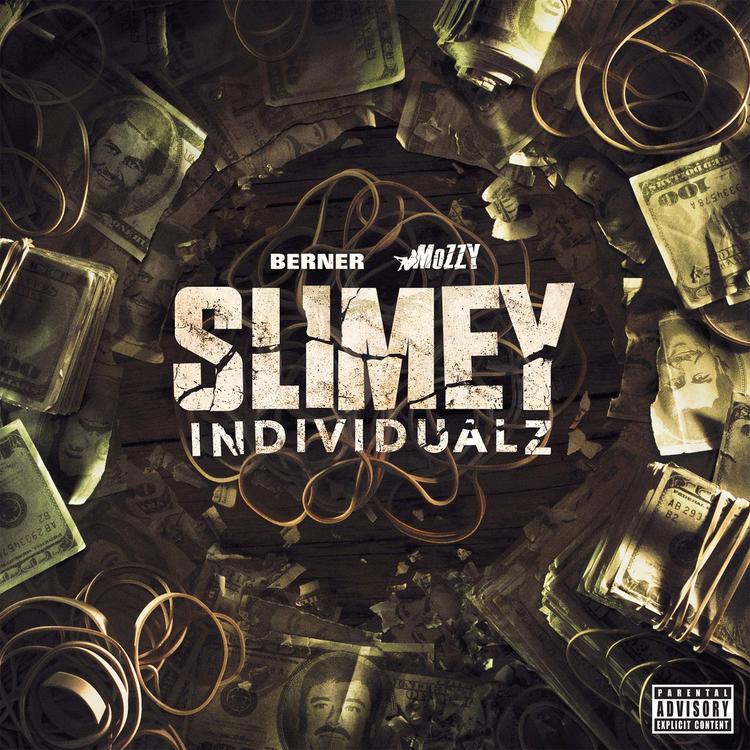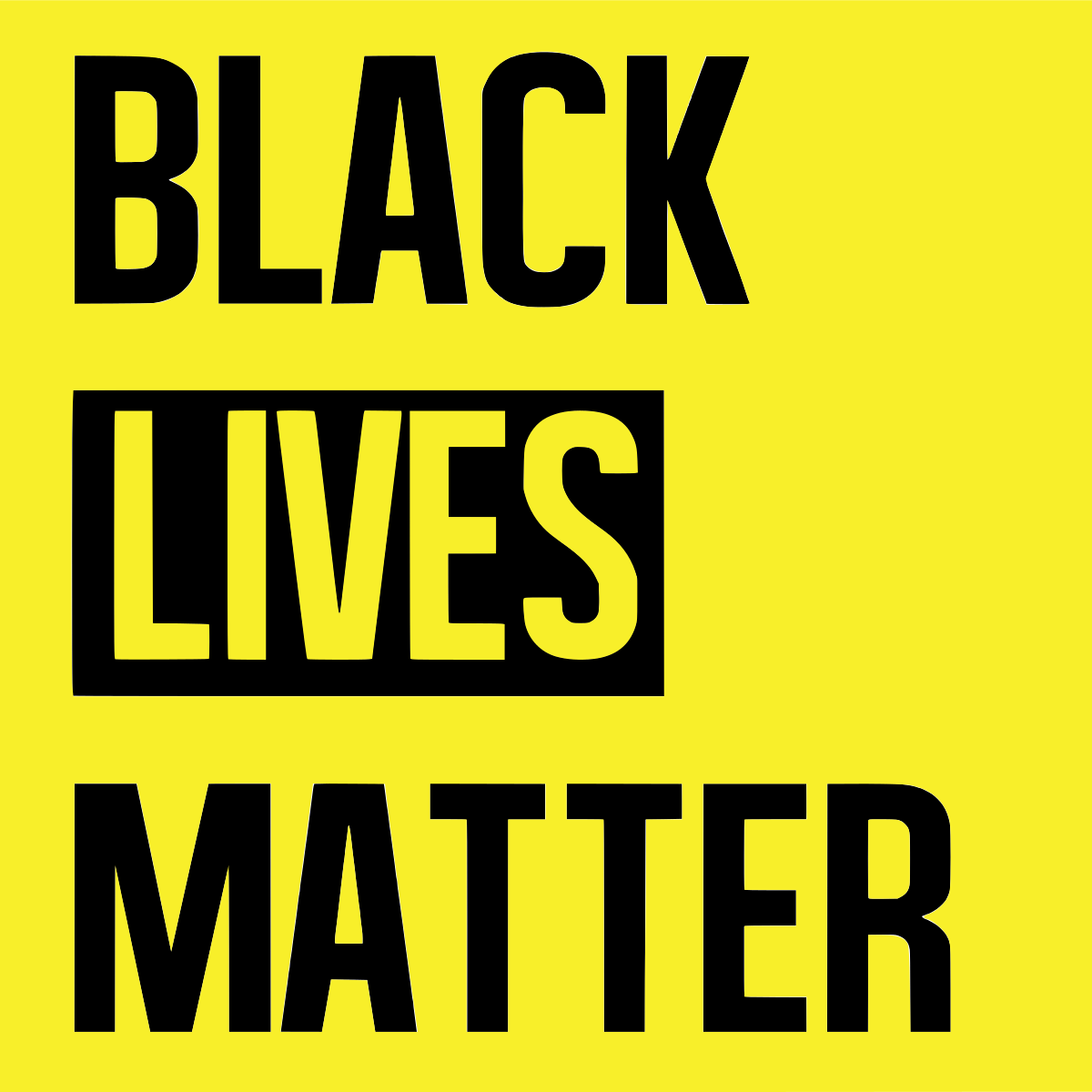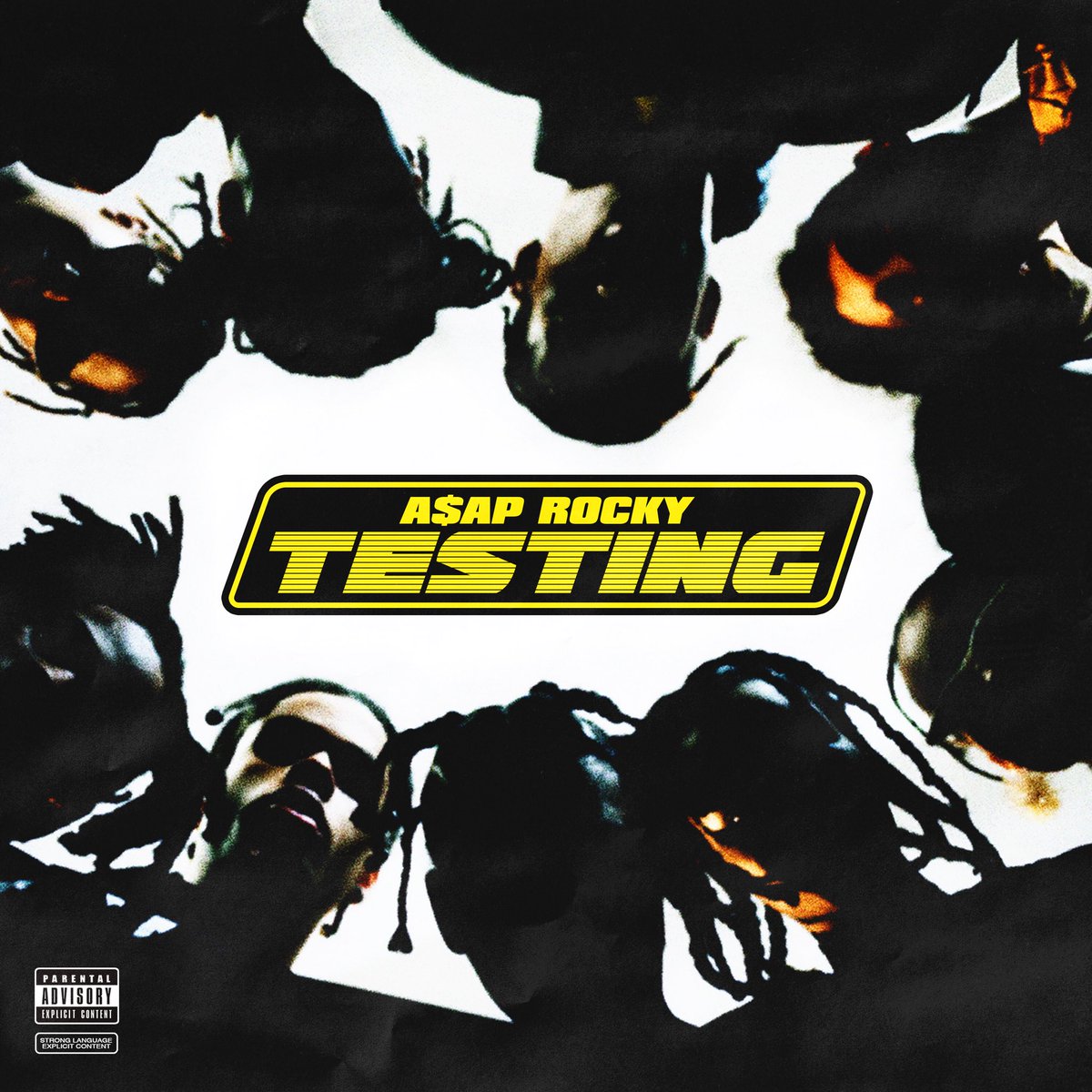A Piece Presented by T-Rod:
It’s weird to say that 90% of new albums no longer feel like events. In the 2010s, artists like Kendrick Lamar, The Weeknd and Beyonce had music you remember your first listen to. Nowadays, not so much: the uncharted era of the 2020s feels like a mixed bag of humdrum drops that don’t stick around and memorable underground releases. Some I like, some I don’t. Move on, listen to the next week’s batch of albums.
Travis Scott isn’t one of those artists whose album release you’ll forget. Utopia has been anticipated for years at this point, only sparking more anticipation for what last decade’s all-star curator would release. Scott is in an interesting place artistically too: his brand of psychedelic hip-hop and trademarked “empty” lyricism has been polarizing. When it’s all said and done, I think Utopia embodies the interplay between Scott’s celebrated creative highs and criticized lows.
To start off with, let’s look at what Travis and Utopia does best: curating a great sonic experience. The best moments on Utopia are those that sound completely unlike everything out nowadays, blending frantic drums, weird samples and fuzzed out synths in a way that sounds angrier than ever for him. Opener “Hyaena” and “Meltdown” are loud bangers that use a lot more subtle production quirks and transitions to make them hit hard, the beats themselves often having just as much intentional structure as the verses. They balance hard hitting flows with harder hitting beats that above all, are masterfully crafted together.
Building on that curated experience, the collaborations here sound great. Playboi Carti on “Fe!n”, Sampha on “My Eyes”, Swae Lee and The Weeknd on “Circus Maximus”, they add so many dynamics to the record that it makes the listening experience engaging. Travis’s flat style means that he’s very able to work with anyone on the mic or the boards, so long as they introduce a new vocal or lyrical flavor. Even when he plays backseat to something like the house-esque beat on “Modern Jam” or Beyoncé’s haunting harmonies on “Delresto” it’s hard to get mad. These performances are great…
But more so than ever, Travis’s work leads to diminishing returns. There’s a vocal group of folks that deride Scott’s lyrical and vocal contributions; it’s not hard to see why. While he does better here than on his features, it feels like he’s comfortable doing what’s expected of him. This feels weird, considering how bold the rest of the record is. Outside of key moments like his introspection on “My Eyes,” I didn’t feel much emotion listening to this record outside of “Man, that went hard; Man, SZA went in on “Telekinesis”. I think expectations for Travis’s lyrics to have substance can be a bit too high, but I wouldn’t mind if he threw in an “Apple Pie” or “90210” in there. It’s not that I need brilliant, flashy lyrics from him…but something more ear grabbing or urgent (like the beats) would make this record rank higher for me.
And that leaves me caught in two mindsets. I love the presentation, the bombastic sound and ride of the album. But the pen isn’t as catchy nor as poignant as it could be. Maybe it’s because I’ve moved on from the person I was when I spun Astroworld during its 2018 midnight release…or maybe it’s something else. I can’t say for sure, but this is still worth a spin. Lots of highlights here, but the album works best as an experience and not as individual tracks.
Tracks to Save: “Hyaena,” “Modern Jam,” “My Eyes,” “Meltdown,” “Fe!n,” “Delresto,” “Circus Maximus,” “Parasail,” “Telekinesis”



